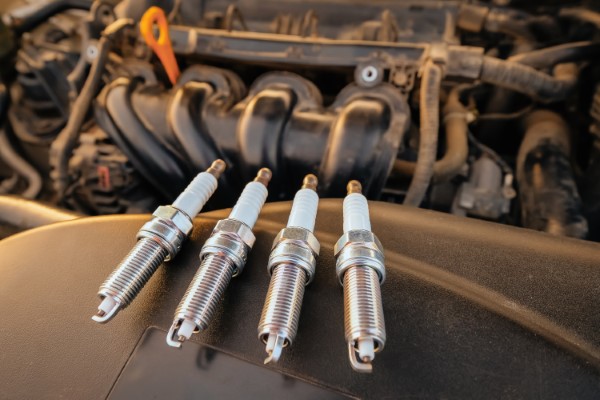
Ever heard the saying, "An ounce of prevention is worth a pound of cure"? This rings especially true when it comes to your vehicle. Integrating preventative maintenance into your car care routine is like giving your car a regular health check-up to avoid future breakdowns.
What Does Preventative Maintenance Mean?
Preventative maintenance is all about regular checks and minor repairs to prevent major issues down the road. Think of it as a proactive approach to car care. It includes routine activities like oil changes, tire rotations, brake inspections, and fluid checks. It's the automotive equivalent of eating healthy and exercising – keeping your car in top shape to avoid significant problems later.
Benefits Of Preventative Maintenance
Preventative maintenance has numerous perks. First, it extends the life of your vehicle. Regularly serviced cars can outlast those that only see a mechanic when something goes wrong.
It also ensures higher safety, as well-maintained vehicles are less likely to have catastrophic failures on the road. Economically, it makes sense, too – catching small issues early can save you big bucks in the long run. Plus, if you plan to sell your vehicle, a well-maintained car can fetch a higher resale value.
When To Consider Preventative Maintenance
So, when should you roll up your sleeves? The answer lies in your car's manual. Every vehicle has a recommended maintenance schedule based on mileage or time intervals. Following this schedule is the key. But, don't ignore your car's cries for help – unusual noises, changes in performance, or warning lights are your cues to act sooner.
What Components Are Serviced During Preventative Maintenance
During preventative maintenance visits, a variety of services and procedures are typically performed to ensure the vehicle is in optimal condition and to prevent future mechanical issues. These services vary based on the vehicle's make, model, age, and mileage, but generally include the following:
Oil and Filter Change
This is one of the most fundamental and frequent services. The engine oil is replaced along with the oil filter to ensure proper engine lubrication and to remove contaminants.
Fluid Level Checks and Top-Ups
This includes checking and topping up (if necessary) various fluids such as brake fluid, transmission fluid, coolant, power steering fluid, and windshield washer fluid.
Brake Inspection
Mechanics check the brake pads, rotors, and calipers for wear and tear. They also inspect the brake lines and fluid for leaks and proper fluid levels.
Tire Inspection and Rotation
Tires are inspected for tread depth, wear patterns, and pressure. Rotation of tires is often performed to ensure even tire wear.
Battery Check
The battery's charge and health are tested, and terminals are cleaned if necessary to ensure good electrical connection.
Belt and Hose Inspection
Belts and hoses are checked for any signs of wear, cracks, or leaks. This includes the timing belt/chain, serpentine belt, coolant hoses, etc.
Air and Cabin Filter Replacement
Air filters for the engine and cabin are inspected and replaced if dirty. This ensures good air quality and optimal engine performance.
Suspension and Steering Systems Check
Inspection of the suspension components (like shock absorbers, struts, and springs) and steering system for any wear or damage.
Lighting and Electrical Systems Check
All lighting (headlights, brake lights, turn signals, etc.) and electrical systems are tested for proper operation.
Exhaust System Inspection
The exhaust system is checked for leaks, damage, or rust.
Cooling System Check
The radiator, coolant, and hoses are inspected for leaks and proper operation.
Spark Plugs and Ignition System
For some vehicles, especially at certain mileage milestones, spark plugs are replaced, and the ignition system is inspected.
Diagnostic Checks
Using specialized tools to read any diagnostic codes from the car's computer system to identify any potential issues.
General Safety Inspection
A thorough check of the vehicle's essential safety features, including seat belts, horn, mirrors, etc.
Need a shop check-up? Don’t worry! We are always one call away from helping - Rix Automotive is your car's best friend.